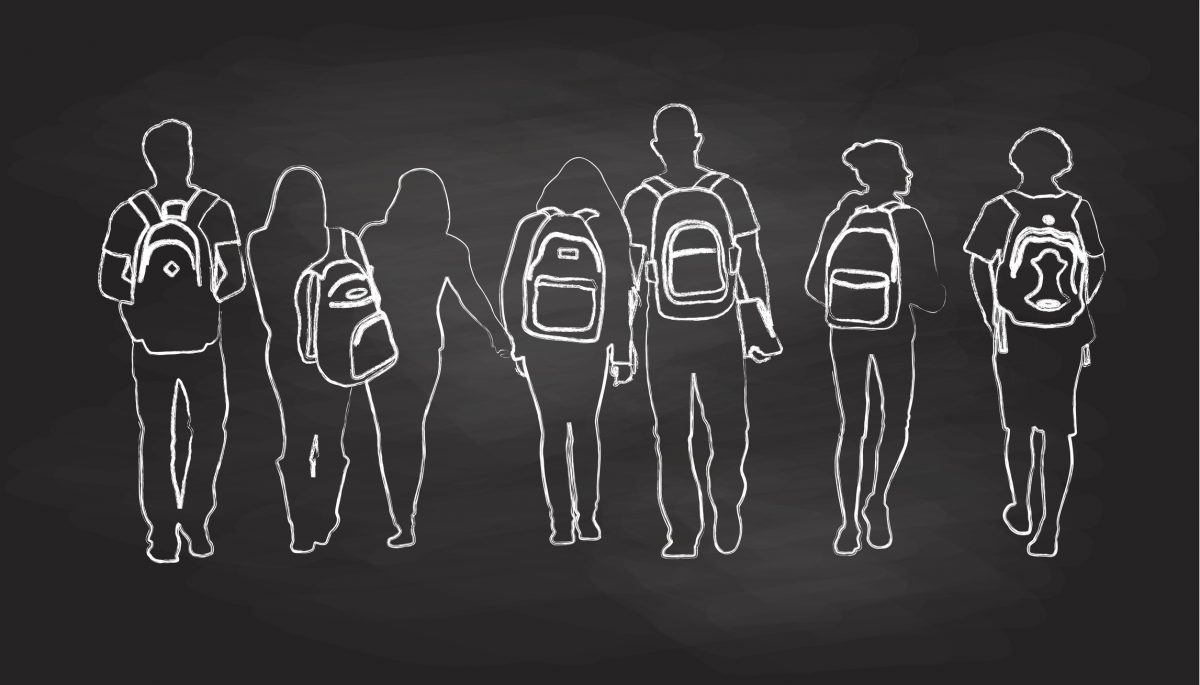If you need to talk with a counselor now, call the National Suicide Prevention Lifeline at 1-800-273-TALK (8255), a free, 24-hour line available to anyone in emotional distress.
Suicide is one of the leading causes of preventable death in Tennessee. More than 1,000 Tennessee teens commit suicide every year, and in the U.S., we lose more than 113 young people each week to suicide.
Recent studies have shown that the teen suicide rate increases when school is in session:
- The rate of psychiatric ER visits more than doubles during school weeks, and
- There is a clear decline in these visits during vacations from school.
Experts believe the increased stressfulness of school leads to suicidal ideation: thinking about or having an unusual preoccupation with suicide.
Tennessee’s rate of teen suicide has been higher than the U.S. rate for more than a decade.
Know the signs
While there is no sure way to prevent youth suicide, there are ways for parents, caregivers and concerned adults to help. According to The Jason Foundation, 4 out of 5 people who attempt suicide give clear warning signs that they are thinking about it.
Learn the signs and risk factors, keep the lines of communication open and if you think someone is considering suicide, take action using the steps below.
Warning signs
Signs may include:
- Talking about suicide
- Talking about feeling hopeless, helpless or worthless
- Depression
- Preoccupation with death
- Taking unnecessary risks
- Exhibiting self-destructive or out-of-character behavior
- Loss of interest in things they used to care about
- Visiting or calling people they care about
- Making arrangements/setting one’s affairs in order
- Giving prized possessions away
Risk factors
Factors that can contribute to suicide are:
- Perfectionist personalities
- Being LGBTQ
- Having a learning disability
- Being a loner
- Having low self-esteem
- Depression
- Aggression
- Suffering abuse, molestation or neglect
- Genetic predisposition
- Exposure to violence in the home or community
- Parental history of substance abuse, divorce or other trauma
- Self-mutilation
- Personal crisis including peer suicide
40% of youth suicides are associated with an identifiable precipitating event, such as the death of a loved one or sexual abuse.
Do’s & don’ts
Find the full article on do’s and don’ts from The Jason Foundation here.
- Remain calm.
You may be shocked, but it’s important to stay calm. If a teen is opening up to you, they must trust and feel comfortable with you. Keep listening and be sure not to leave them alone. - Be prepared to talk about suicide.
Talking about death openly is important. By discussing suicide, you are not putting the idea in their head. Talking about suicide can help youth see the other options they have. - Do not minimize or dismiss their problems.
Acknowledge their fear and sadness, reserve all judgment and tell them you care about and want to help them. - Ask questions.
Communicate openly. Make it clear that you care and ask whether or not they are having suicidal thoughts. Getting answers can help you determine how to help. - Be prepared to take action.
If a teen wants to talk to you, don’t be afraid to get involved. Do not leave them alone. Try to get them to seek help immediately from their doctor or the nearest ER, or call 911. Keep the teen away from firearms, medications and other lethal methods for suicide. - Don’t be a hero.
Though it is important to act immediately, it is better not to act alone. Having the support of others can help you, and you should never attempt to physically take away a weapon lest you endanger yourself or anger the teen. - Do not promise confidentiality.
Try to avoid making this promise, and be prepared to break it if you do. Keeping a promise isn’t as important as saving a life. - Don’t fall prey to “Not My Child Syndrome.”
It is all too easy to think of suicide as a tragedy that happens to other people, or to those who have a troubled family life. But suicide crosses all racial, economic, social and ethnic lines. No one is exempt. All of us need to be aware of the warning signs and know how to respond.
If you have questions about whether or not it’s time to seek help for mental health, click here.
Get more information about specific health terms, topics and conditions to better manage your health on bcbst.com. BlueCross BlueShield of Tennessee members can access wellness-related discounts on fitness products, gym memberships, healthy eating and more through Blue365®. BCBST members can also find tools and resources to help improve health and well-being by logging into BlueAccess and going to the Managing Your Health tab.



1 Comment
WellTuned provides inspiration and practical advice for healthy living.
WellTuned does not offer medical advice. Any personal health questions should be addressed to your doctor.